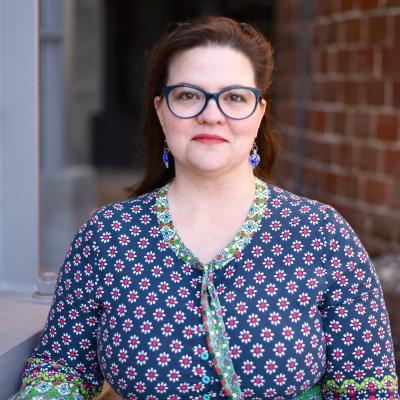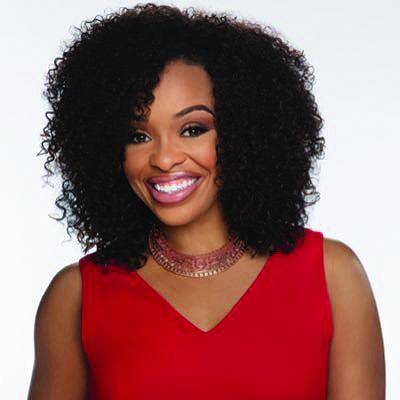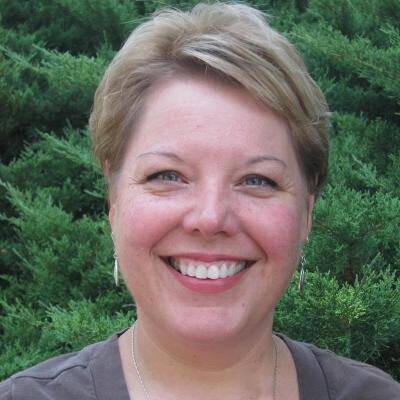Academic Programs
Communication and Media Studies

The communications and media studies major at Salem develops students’ understanding and practice of oral, written, and visual communication. Our disciplinary assumption is that through communication practices, people coordinate social and cultural activity, influence change, and define their identities. In this century, digital media content creation and quickly emerging technologies continually alter human communication practices, giving rise to social, ethical and legal questions. Salem offers a bachelor of arts degree as well as a minor in communications and media studies.
Student Experience
Students in communication and media studies research issues facing their communities, interview local experts, and create digital stories to share with audiences. These experiences build student critical thinking and media literacy. As a result, our students develop tangible communication and media production skills that lead to internships, graduate school, law school, and careers in marketing, journalism and other communication fields. Salem students are able to leverage the institution’s strong network of community partners such that they are able to work directly with local organizations to get real-world, hands-on experience in developing communication strategies.
Health Leadership Highlights
- Never has it been clearer that professional, accurate, and ethical communication about health and science are vital to the well-being of individuals and communities.
- Courses in Strategic Communication, Public Speaking, Digital Storytelling and Research Methods are themed to focus on social determinants of health such as poverty, food insecurity, crime and domestic violence so that students develop their abilities to identify problems and communicate effectively about solutions.
Jobs and Outcomes
A degree in communication and media studies prepares students to enter any number of dynamic and ever-changing fields including social media, journalism, public relations, human resources, video production, podcasting, advertising and marketing. Our graduates also enter law school or graduate school in communication, social work and other various social science fields.





